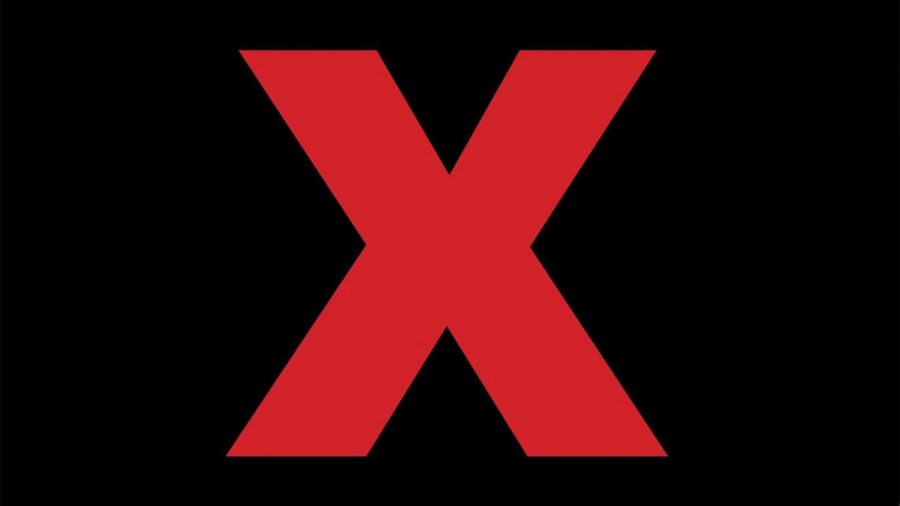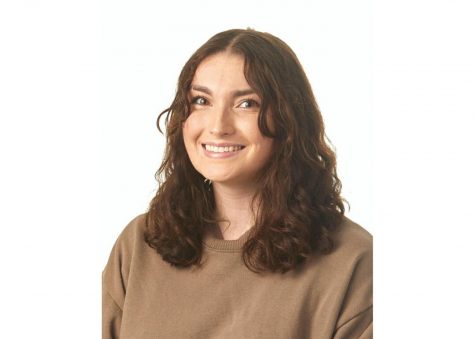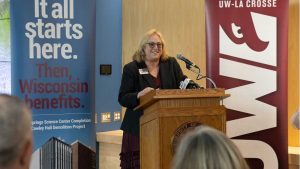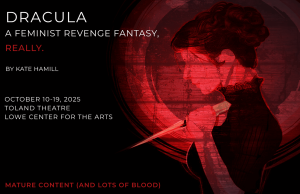UWL hosts informational pornography event
March 29, 2019
The University of Wisconsin-La Crosse presented “Just Say KNOW to Pornography” hosted by Dr. Evan Brody, Dr. Kate Parker, and Dr. Ryan McKelley on Wednesday Mar. 28.
“[This event is] an interactive workshop with faculty designed to build media literacy skills and provide a space for students to think critically about pornography as a genre and ask questions of the presenters in a safe, responsive, and non-shaming environment. This event is not for or against pornography but pro-empowerment,” according to the UWL website.
“UWL hosted two pornography-related speakers this academic year representing views on opposite ends of the spectrum of pro and anti-pornography. As a campus that values academic freedom and the ideals of free speech, we support different viewpoints on challenging and controversial topics, and pornography most certainly fits that description. However, feedback from students and faculty that attended the previous events suggested that what was missing was an opportunity to dig much deeper into this genre of media. Dr. Evan Brody, Kate Parker, and I feel strongly about the importance of supporting our students in developing information and media literacy skills in a time in our culture where misinformation can spread faster and further without time to critically examine it,” said UWL Psychology professor Ryan McKelley.
Throughout the presentation the speakers discussed a wide variety of topics surrounding pornography. One of them being the growth in online access to porn. “When Pornhub launched in 2007, a mere one percent of viewers tuned in on a mobile device. Today, that number has soared to 75 percent,” according to a survey conducted by Pornhub.
“We chose the ‘Just Say Know’ line in our title intentionally because college students should have as much information as possible to make informed choices about whether or not pornography has a place in their lives,” said McKelley.
Other topics included sex imagery in advertisement, the history of porn, how porn reinforces heteronormativity and more.
One of the most controversial topics that was mentioned in the presentation was whether pornography was addictive or not.
“It all depends on who you ask,” said McKelley. He explained that despite a few studies supporting this claim, “The American Psychiatric Association has yet to support the diagnosis.”
The International Classification of Diseases added compulsive sexual behavior disorder under impulse control disorders, but pornography is not included.
At the end, “Both groups of students expressed gratitude that their experiences and value systems were included, and that they left with a new understanding of different perspectives. As UWL faculty, we left inspired by the participants as they demonstrated why UWL is a great place to work,” concluded McKelley.







